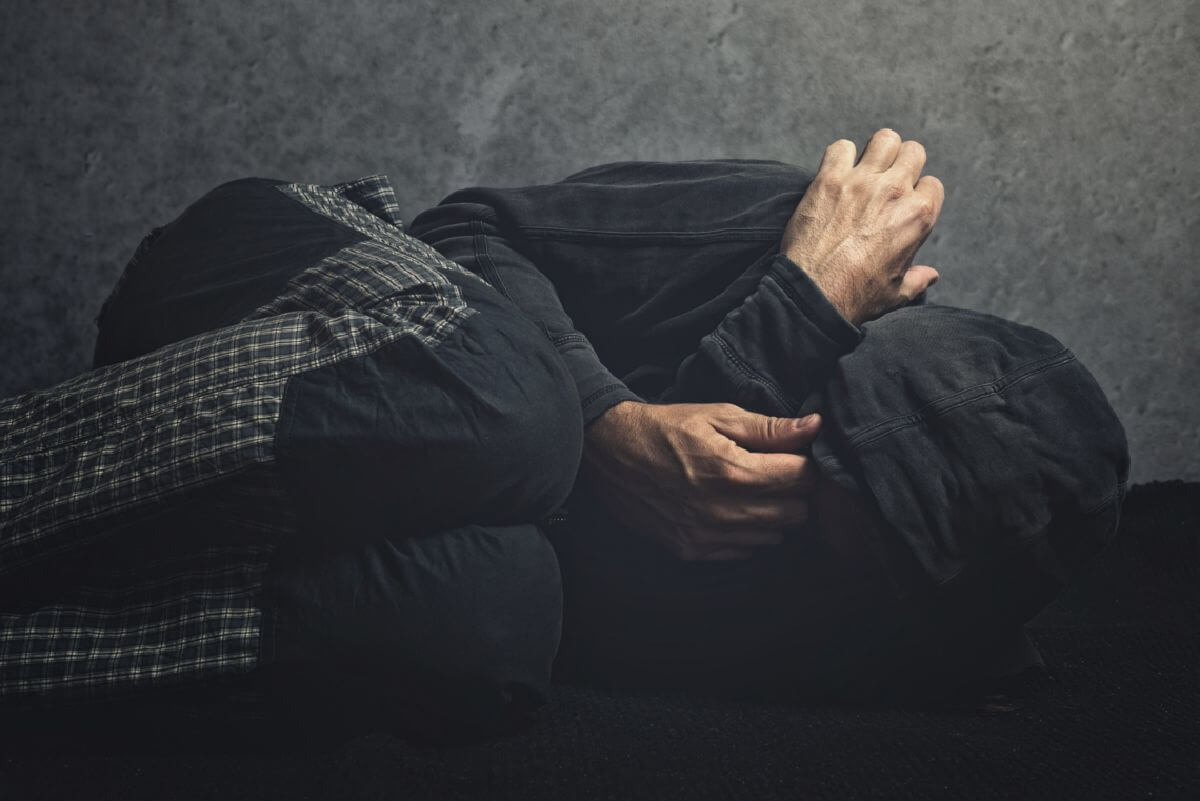The negative effects of alcohol intake on our health will be much more than the momentary good feeling we get from it. From feelings of great sadness and amnesia to one killing themself, alcohol has been associated with many problems.
Effect Of Alcohol On Brain Chemistry In Alcohol Rehab Stoke
There is a delicate balance of chemicals that ensure our brains function as they should. Being a depressant alcohol can disrupt the balance by affecting our thoughts, feelings and actions along with affecting our long-term mental health.

The chemicals termed neurotransmitters, which carries signals from one nerve in the body to the other, are the cause of this.
The feeling of relaxation which is felt after having the first drink is because of the chemical changes caused by alcohol within the brain. Drinking can cause some people to become less anxious and some people to become more confident. This is because alcohol begins to depress parts to the brain which are associated with inhibition.
Still, the entire brain begins getting affected as you consume more alcohol. Regardless of the mood you have when you begin consuming alcohol it is essential for you to understand that with the increase in the consumption you are in all likelihood not going to notice the pleasurable feelings increasing because it is possible that a negative emotional response will take over. The tendency to become overly aggressive, depressed, angry or more anxiousness can be increased by alcohol.

Alcohol Equally Tends To Make One Feel Down Instead Of Uplifting Ones Spirits In Alcohol Rehab Stoke
You cannot assume that reaching out for a drink will give you the effects that you are looking forward to.
Rather than help to lower your stress levels, a simple glass of wine in the evening could, gradually, lead to you feeling more depressed and more anxious. The reasons behind this phenomenon are because heavy consumption of alcohol can interfere with the neurotransmitters within the brain which are essential to maintain good mental last.
In our drunken state, our judgment fails to consider all the available cues, but rather follows a narrow path. We tend to focus more on things that seem to pose a threat to us and ignore other things that don't when we get feelings of persecution. Let's take for instance a man who pays attention to a particular person his girlfriend talks with, that makes him feel bad, rather than focus on knowing her other friends.
Miseries Of Alcohol = A Cruel Effect
You will probably get extreme feelings of sadness when you frequently engage in high-risk alcohol consumption. It is simply the brain chemistry which is beginning to react. Abusers tend to have low serotonin; this is a chemical responsible for mood balancing.

Within the United Kingdom, it is twice as likely for people who are consuming alcohol heavily to experience anxiety and depression. Others drink in order to minimize the extreme sadness or feelings of persecution as treatment. In other cases, the alcohol is what precedes the depression.
Your relationship with your loved ones could also be hampered by excessive drinking. Your job can equally be affected by drinking. Extreme sadness can also be increased by these problems.
Subsiding your emotions with alcohol can be the beginning of an evil habit. How to tell if your mood is getting affected by alcohol
- Bad sleeping habits post drinking
- A feeling of tiredness because of a hangover
- Low mood
- Feeling anxious when you would normally feel comfortable
Four Ways To Help Prevent Alcohol Affecting Your Mood Within Alcohol Rehab Stoke
- Instead of drinking, try exercising and various relaxation techniques to deal with stress
- When feelings of persecution arise, use controlled breathing methods
- Share your problems with a friend
- Avoid drinking for the purpose of masking your worries
- Always be aware about why you are consuming alcohol
- Alcohol rather increases anxiety; don't see it as a way out of your problem
Get help today on the 0800 246 1509.
Alcohol Is Linked To Suicide Self Harm And Psychosis In Alcohol Rehab Stoke
Alcohol can make people prone to self-harm, psychosis and suicide and this substance can make people shed their inhibitions and begin to behave impulsively leading to actions being taken which they may have avoided including causing self-harm and suicide.
More than 50% of people that were admitted in hospitals because they wounded themselves knowingly, based on a data by NHS in Scotland, confessed to drinking alcohol before or during the action. 19% of women and 27% of men confessed that they injured themselves because of alcohol.
FACTS Excessive intake of alcohol often results to nausea and despair - these symptoms are suffered mostly by abusers.
Psychosis can occur when a person drinks excessively, like consuming up to 30 units everyday for some weeks. When hallucinations and anxiety manifest, it is usually a sign that the person's mental well-being is not well. Delirium tremens is a condition with symptoms that include confusion and shaking and this condition may occur if a heavy drinker was to suddenly stop drinking.
Alcohol Has The Ability To Damage Your Memory
You will suddenly realize that your cognitive and brain system are retarding because of alcohol intake. After consuming large quantities of alcohol the brain will begin to stop recording in the memory bank. The issue of getting up in the morning and not remembering where you were, what you said or did is down to this. There is no need to panic over a temporary amnesia because your brain has not failed completely but excessive alcohol abuse can destroy the brain due to the negative implications alcohol has on human brain chemicals.
Excessive drinking attracts elongated brain dysfunction and consequences. This may make it difficult to remember recent events even on days when you haven't consumed any alcohol.
FACTS Your temporary mental state is affected by alcohol because it alters the balance of biochemicals in your head.
Always Be On Guard Within Alcohol Rehab Stoke
In order to consume alcohol safely, you should consume it within the government's alcohol unit consumption rules that make it less likely to cause harm. Read these three withdrawal approaches
Handle issues of stress with other means. Finding a person to talk to, swimming, yoga or running are all better alternatives to dealing with stress compared to drinking.
Take some days off away from drinking. If you are consuming alcohol regularly you can be certain that your body will develop a tolerance to the substance. To keep the possibility of addiction low, health professionals recommend not taking alcohol on certain days. Try and see the positive effects you may experience by taking a break from alcohol.
